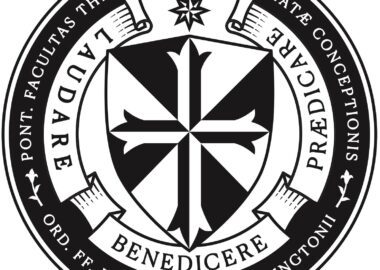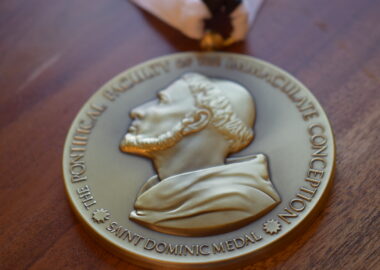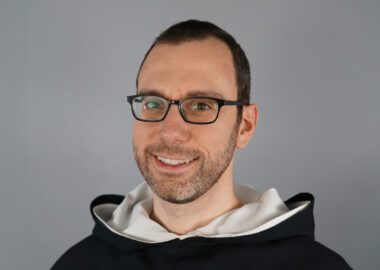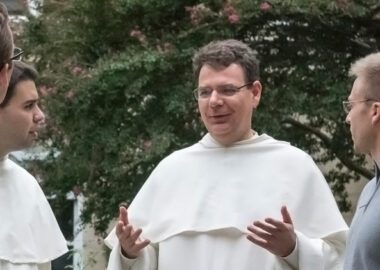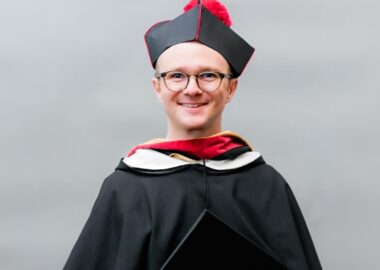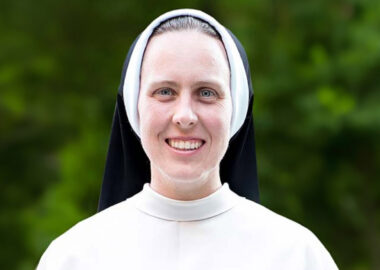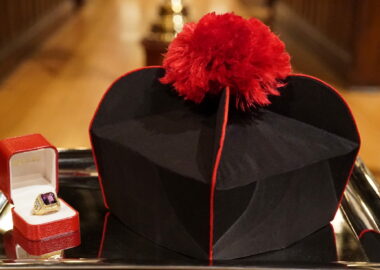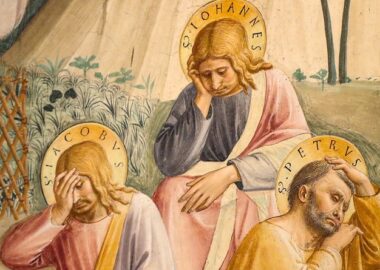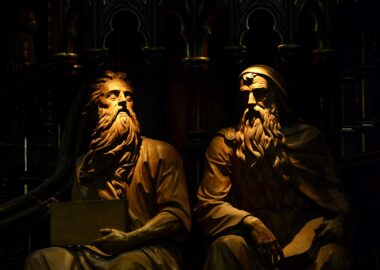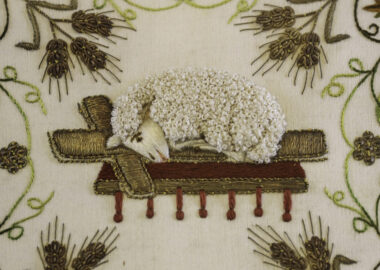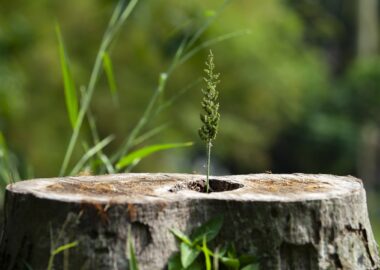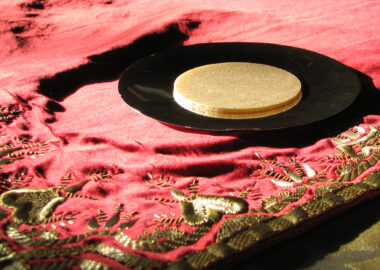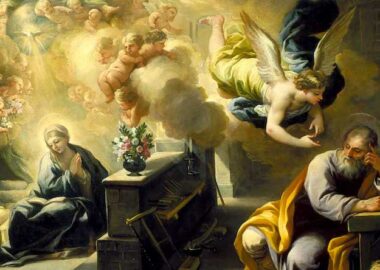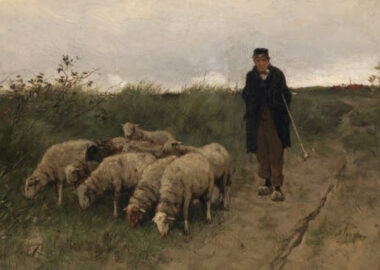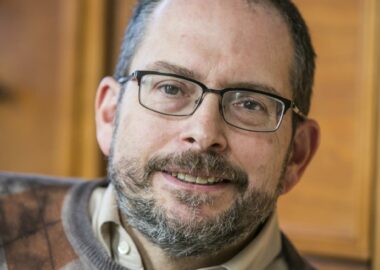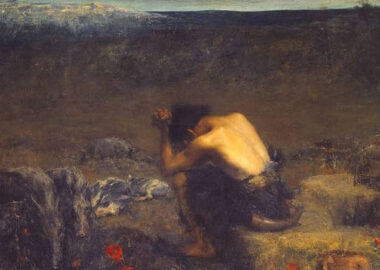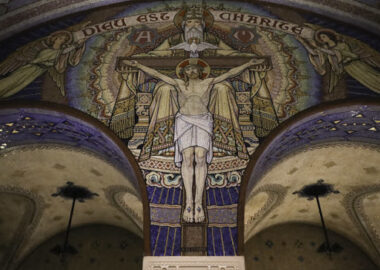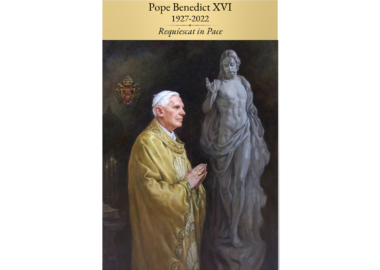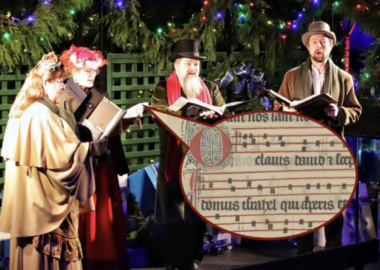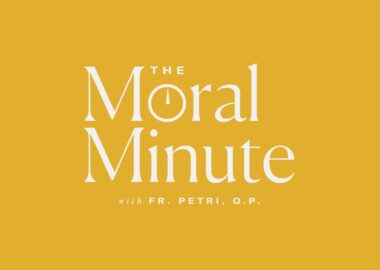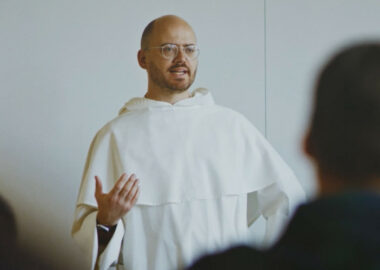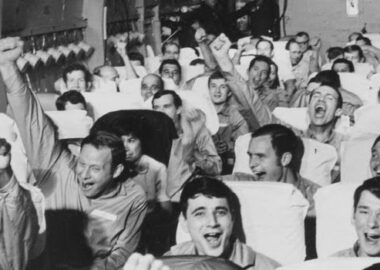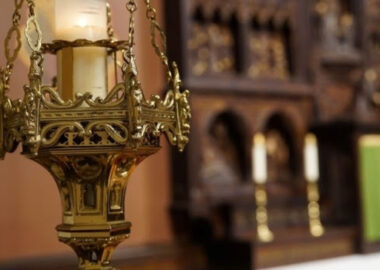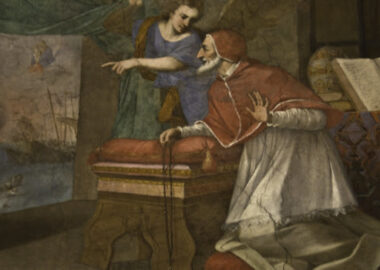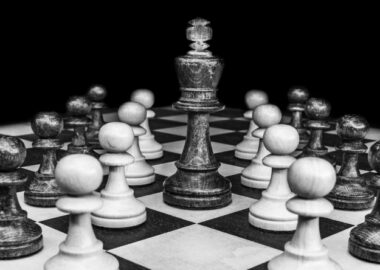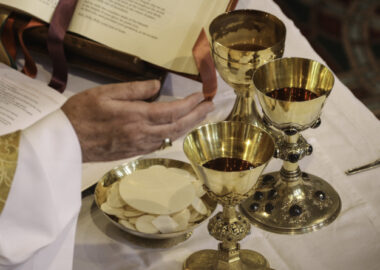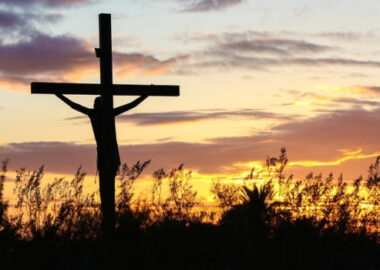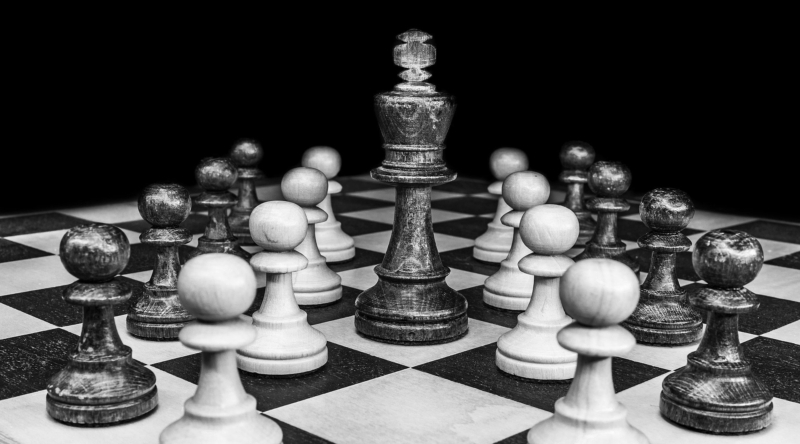
- Home
- Latest Content
- God the Chess Master?
God the Chess Master?
"Many people think about God’s will in a manner similar to [a] chess game. Thankfully, this is not how God’s will works in the human person."
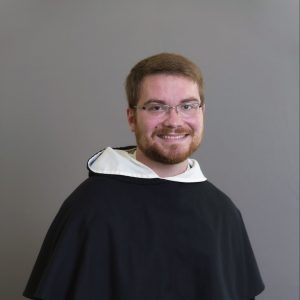
by
Br. Cornelius Avaritt, O.P.
on
October 04, 2022
in
Dominicana
Imagine if God’s will for you unfolded like a chess game. God is the grandmaster, and you are the amateur who desires to perfect your long game. God anticipates every move you make and responds in a way based on your choice. He wants you to win the game so he sets up the board each time for you to achieve your checkmate. You leave the table feeling like God and you have a good relationship. His actions depend on your choices and the result is a give-and-take between you and God that preserves your freedom and helps you to achieve your goal.
Many people think about God’s will in a manner similar to this chess game. Thankfully, this is not how God’s will works in the human person. There is no “give and take” between God’s action and our action. To think of God as a chess master obscures the correct understanding of divine motion. God’s will moves us in every free action of our lives. How or why he moves us does not first depend upon “our move.” Rather, God’s infinitely wise and loving will is the very principle that actualizes every natural or supernatural move that we make.
God’s will moves man both according to his nature and according to his supernatural end. In the realm of nature, we call this motion a divine natural aid. In the supernatural realm, this movement is properly a grace. Both kinds of movement begin in the will of God and terminate in their respective natural and supernatural ends. Furthermore, neither type of movement moves the human person in a deterministic way. Instead, God moves us in a way that initiates and preserves our ability to act freely as human persons. Because we are created and sustained in being by God, we are dependent upon him for our every act. We need divine natural aid to do natural things. The natural mode of divine aid activates our capacities to think, choose, and freely do good things naturally. Without God’s natural aid, we would cease to act freely or even to exist.
Grace, on the other hand, is a central principle to understanding how we advance in the spiritual life toward our supernatural end of heavenly beatitude. Specifically, God gives us actual graces that move us to do supernatural acts. Without the help of actual grace, we would make no progress in the spiritual life. We can only make real acts of faith, hope, and charity, for example, when moved by actual grace. These acts bring us closer to knowing and loving God as he is in himself.
In the end, our chess game metaphor fails to justly articulate the divine motion of God. God is not a chess master awaiting your next move in the game before he acts. It’s his will, not ours, that determines when and how he moves us, and a divine foreknowledge of our choices does not condition God’s action. In the challenges and difficulties of everyday life, it is easy to forget this truth about God’s loving will and to overestimate the independence of our own human will. In these moments, we pray for the actual grace to know and love God with a freedom that is real and yet entirely dependent on God moving us first.
✠
Photo by Felix Mittermeier on Pixabay
Originally published in the Dominicana Journal
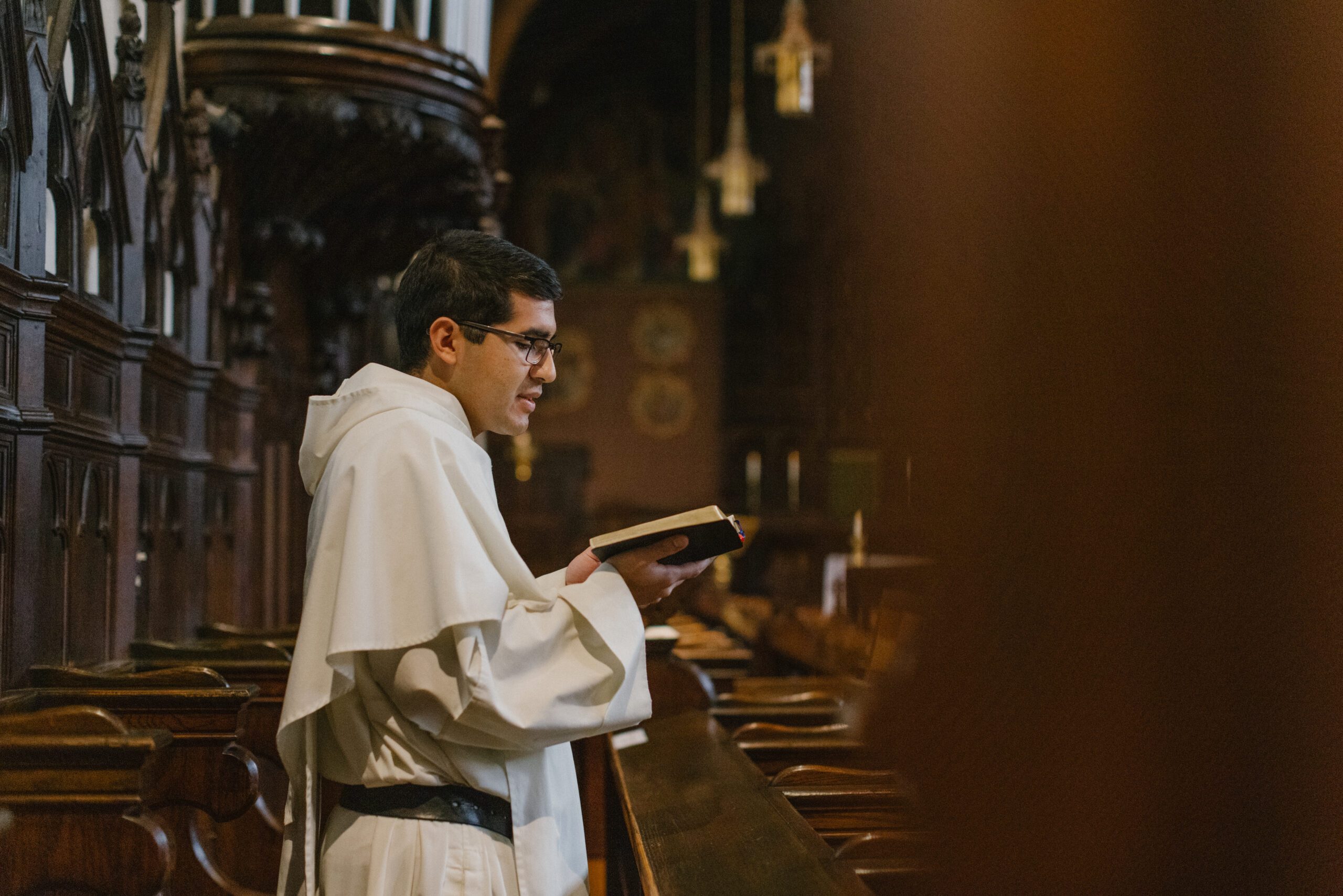
The Dominican House of Studies
Forming Preachers of Truth in Charity.
Catholic theology in the Thomistic tradition for Dominican students and all who are interested in serving the Church, evangelizing the world, and growing in virtue, wisdom, and holiness.
Give
